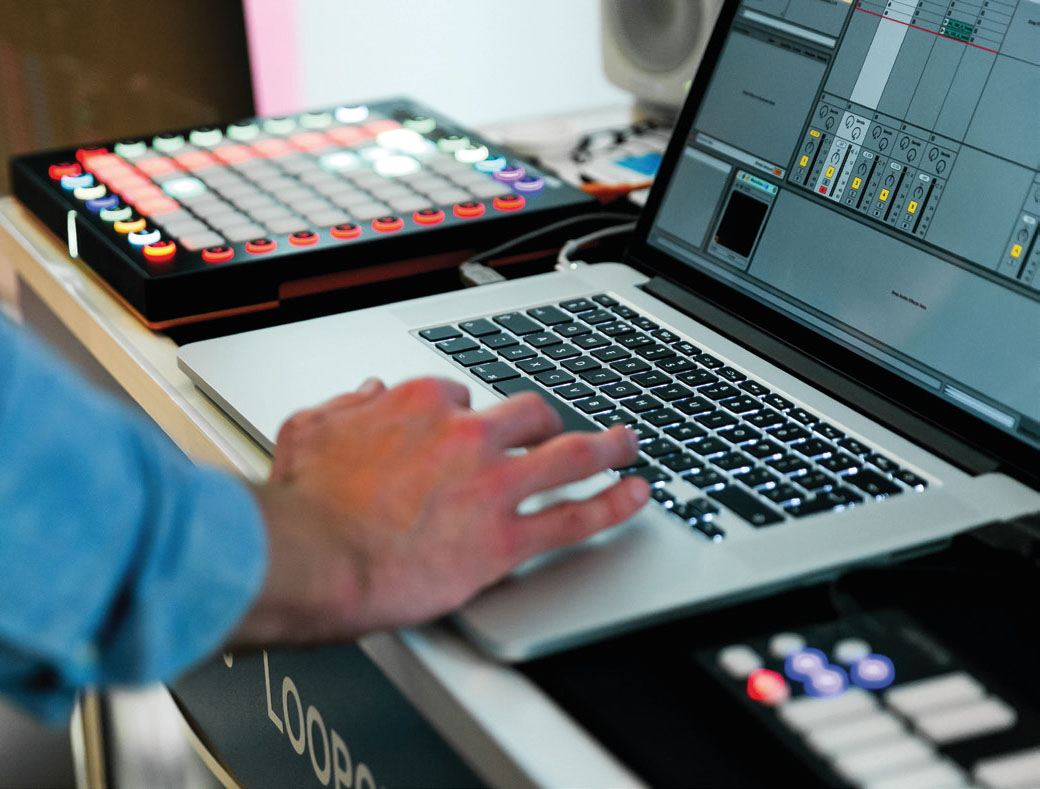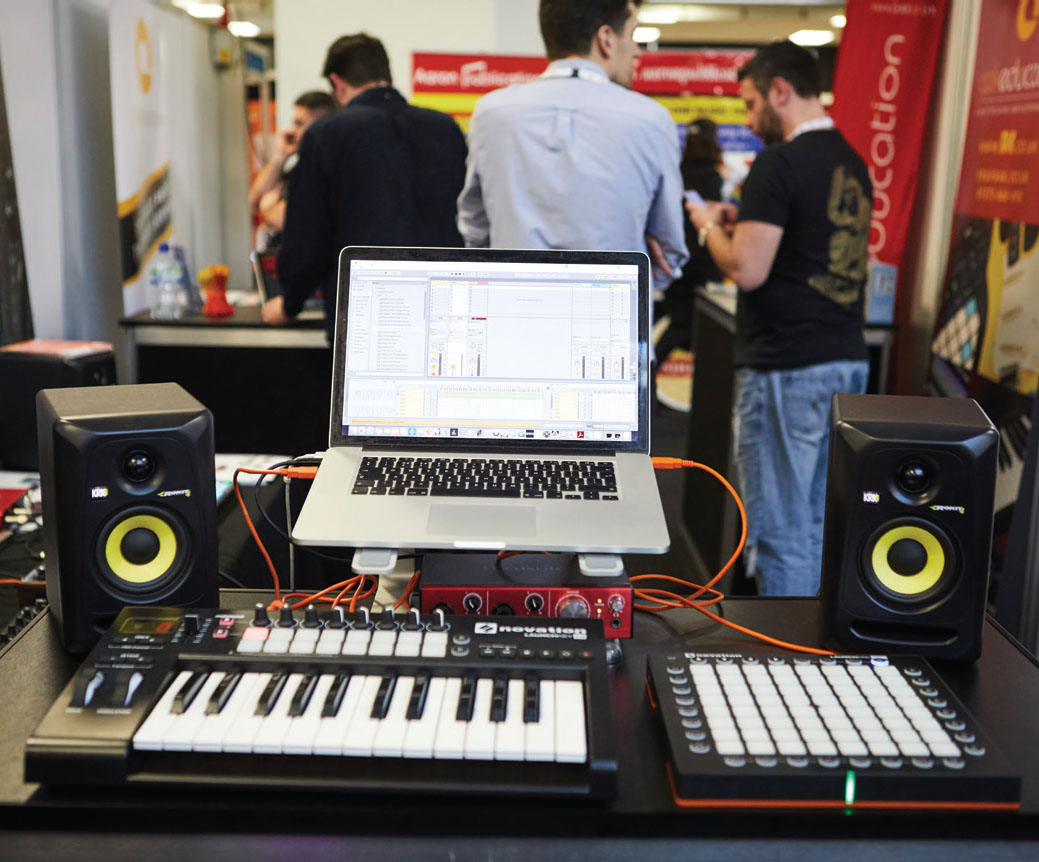
In June, I attended the Music Mark Summer Summit and listened to a range of perspectives about what music education might look like after 2020, when the existing Music Hub funding runs out. Cameron Bray and I wrote a little bit about the day for the August issue of Music Teacher. The event got me thinking about how music technology will fit into future plans.
The idea of the summit was that, at the end of the day, a range of music education professionals could share their experiences and make some proposals regarding the roles of Music Hubs going forward. The topics that were discussed included a wide range of different elements of music education, yet technology was not covered as a specific item. I understand that part of this can be explained by the fact that the summit was about the bigger picture, but we do need to ask – what might technology in music education look like in two years’ time?
Futureproofing
This is actually quite difficult to answer because technology moves at such a rapid pace. Very few people foresaw the impact that the iPad would have back in 2010, even after the arrival of the iPhone in 2007, which indicated that touchscreen devices could be used effectively. Making a success out of a bigger version of these devices seems like an obvious idea in hindsight, but to most people in technology at the time, tablet computers were a folly that had been experimented with repeatedly without catching on in the mainstream. Instead, most schools will now have access to some form of touchscreen devices – largely unthinkable eight years ago, before the launch of Apple's tablet.

Basic music technology knowledge should be a required skill for music students © ALEX DE PALMA PHOTOGRAPHY
The way to focus on the fogginess of the future of technology is to think about the pedagogy and the manner in which we use technology. I ran a workshop for a group of peripatetic instrumental teachers in September on what technology they should use in their teaching, and the key point that I wanted them to take away from the session was to adopt ‘does this technology make my life easier/faster/more productive?’ as their new mantra. If the answer was ‘no’ to any of these, then they had to ask themselves why they were using it or if there was a better way of achieving their aim.
A new plan

Technology can be intimidating, so any new plan needs to develop teachers' confidence © MATTHEW WALDER
In the current version of the National Plan for Music Education written back in 2013 (is it really that long ago?) there were two short paragraphs that recommend the use of music technology and one of those is about using technology as a means to help rural isolation. The level of detail and understanding about the importance of technology in music education wasn't really adequate in the previous incarnation of the plan.
Therefore, I have some recommendations on how I think technology should be included in any future iteration of the national plan for music education. The focus needs to be on the general pedagogy of music and technology rather than recommendations for a piece of technology or specific use.
- Every young person should be given the opportunity to learn music technology skills
- Technology should be used appropriately to support musical outcomes
These simple sentences sum up the two core functions that, for me, technology has in music education. The first is the teaching of music technology as a subject in its own right. I visit so many schools, and see so many teachers that are afraid of technology. As a result, it doesn't get taught at all. I feel that all music students, regardless of the discipline, should have a basic understanding of recording audio, putting notes into a DAW and using score-writing software. This does not need to be at a particularly high standard, but these should now be considered core skills that every musician should have – in the same way that we teach music theory and aural.
This knowledge needs to be combined with the use of technology to support learning. The use of technology as a tool to help learn music is still overlooked by a lot of teachers. I frequently see hundreds of worksheets being photocopied when sharing something around a suite of tablets would be easier. I have seen pupils watching videos on a class projector and then trying to copy a melody from memory rather than the teacher sharing the link and letting the pupils listen to it repeatedly while they work.
In summary, music technology should be as embedded in our teaching as technology is in our everyday lives. As discussions take place and people begin to look at the content for the next national plan for music education, there is an opportunity to get technology embedded into all of the recommendations for the future of music education; hopefully those in power will pay attention.








